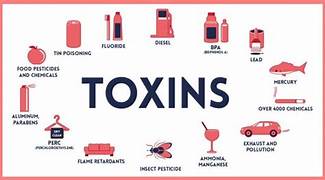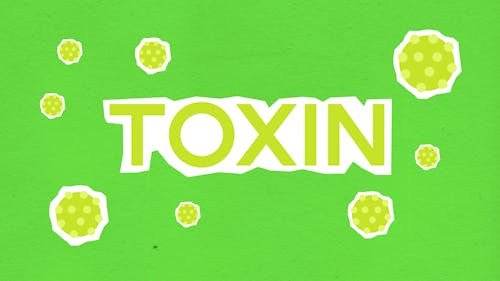Embarking on the journey to overcome substance abuse is a courageous decision that requires careful consideration of various treatment components. One pivotal step in the process is detoxification, commonly known as detox. This crucial stage lays the foundation for successful substance abuse recovery by addressing the physical aspect of addiction. Understanding the significance of detox can empower individuals to navigate this challenging phase and pave the way for comprehensive rehabilitation.
The Importance of Detox: Detox serves as the initial phase in substance abuse recovery, primarily focusing on the removal of toxins from the body. Whether individuals are grappling with alcohol, drugs, or other addictive substances, detoxification aims to address the physical dependence that has developed over time. The withdrawal symptoms that accompany detox can be challenging, ranging from mild discomfort to severe manifestations, depending on the substance and the individual’s level of dependence.
Medical Supervision: Given the potential intensity of withdrawal symptoms, undergoing detoxification in a supervised medical setting is highly recommended. Professional medical supervision ensures that individuals receive appropriate care and support during this critical phase. Healthcare providers can monitor vital signs, administer medications to alleviate withdrawal symptoms, and intervene promptly if any complications arise.
Individualized Treatment Plans: Detoxification is not a one-size-fits-all process. Each individual’s substance abuse journey is unique, and as such, detox programs are tailored to address specific needs and considerations. A comprehensive assessment conducted by healthcare professionals helps determine the appropriate course of action, considering factors such as the type and duration of substance use, overall health, and any pre-existing medical conditions.
Addressing Physical and Mental Health: While detox primarily addresses the physical aspects of substance abuse, it also lays the groundwork for addressing mental health aspects. Substance abuse often intertwines with mental health challenges, and detox sets the stage for individuals to engage in subsequent therapeutic interventions. Once the body is free from the immediate effects of the substance, individuals can better focus on the psychological aspects of their addiction.
Supportive Environment: Detoxification can be emotionally and physically taxing, emphasizing the importance of a supportive environment. Treatment centers that offer detox services often provide a safe and compassionate setting where individuals can receive encouragement, understanding, and motivation. The presence of a caring support system can significantly contribute to an individual’s ability to navigate the challenges of detox.
Transition to Comprehensive Rehabilitation: Detox is a vital first step, but it is not the endpoint of the recovery journey. Following successful detoxification, individuals are encouraged to transition seamlessly into comprehensive rehabilitation programs. These programs typically include therapeutic interventions, counseling, support groups, and skill-building activities that address the underlying causes of substance abuse and equip individuals with tools for sustained recovery.
Conclusion: Detoxification represents a vital and transformative step on the path to substance abuse recovery. Understanding its importance, seeking professional guidance, and embracing the supportive environment provided by treatment centers are essential elements of a successful detox experience. As individuals embark on their recovery journey, recognizing the significance of detox sets the stage for a more comprehensive and enduring rehabilitation process.







